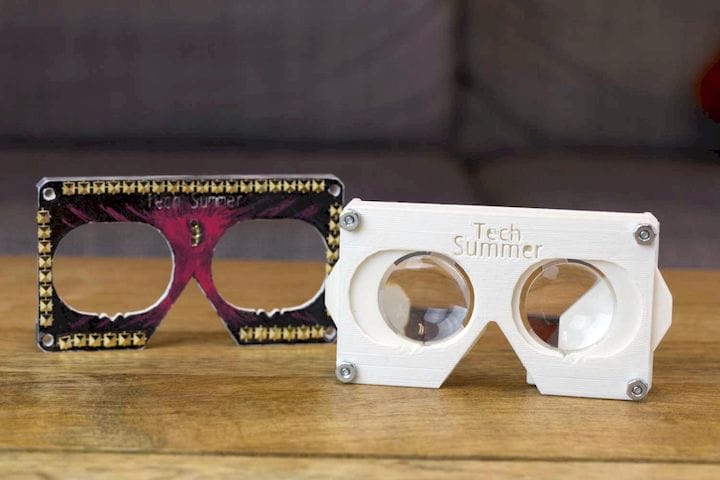![A prototype produced by Fictiv [Source: TechCrunch]](https://fabbaloo.com/wp-content/uploads/2020/05/image-asset_img_5eb09b90544ef.jpg)
Fictiv has raised a huge US$33M.
Fictiv is an on-demand manufacturing platform, and that includes a variety of manufacturing processes and tools, including 3D printing. A couple of years ago we had a look at Fictiv and interviewed their CEO, Dave Evans.
The California-based company is actually not a factory itself, but is in fact a network of factories in which a large number of manufacturing participants provide the services provided to Fictiv customers. They provide a wide variety of manufacturing services including CNC milling, injection molding and of course, 3D printing.
In a recent report on TechCrunch, it seems that the company has raised US$33M and TechCrunch believes this places total company valuation near US$100 million. That’s a pretty large valuation for a company that actually doesn’t have its own equipment. However, the services to the clients are what matter in this case.
Fictiv’s original focus has been on helping startups produce prototypes. This is actually quite a difficult problem because startups don’t often have access to the manufacturing equipment necessary to produce the prototypes. They also often don’t have the skills required to operate the equipment required to make prototypes. This is what Fictiv is providing.
Yes, there are plenty of manufacturing operations out there, but very often they’re not appropriate for use by startups. Startups usually require only limited quantities of product, and that can be financially inefficient for large traditional manufacturing services.
I suppose this is another form of low-volume manufacturing, something we’ve seen several times in the 3D printing space. This is because 3D printing is often less expensive when used at lower quantities of units; traditional manufacturing usually requires very large quantities of product to be of any efficiency.
I think Fictiv might be an example of the future form of this type of operation in that it’s providing a series of different manufacturing services to clients. This is as opposed to a service that provides only 3D printing, or only CNC milling, for example.
The new way forward is to focus on the client and although a client might want a 3D printed part, say, they likely also require a number of other manufacturing services as well. The best way of providing that is through one-stop shopping.
Fictiv and companies like it do provide this type of service, even though they don’t have the equipment themselves. Essentially they are a layer on top of miscellaneous manufacturing services and transform them into a single coherent service that could be used by clients more easily.
We may see over the next few years a shift towards this type of service rather than the more specific services we’ve seen in the past.
It’s not clear what exactly the US$33M will be used for but certainly I suspect Fictiv would be using it to expand their operations and increase their business.
Via TechCrunch











A blog post reveals much of what happens behind the scenes at 3D print service Shapeways.